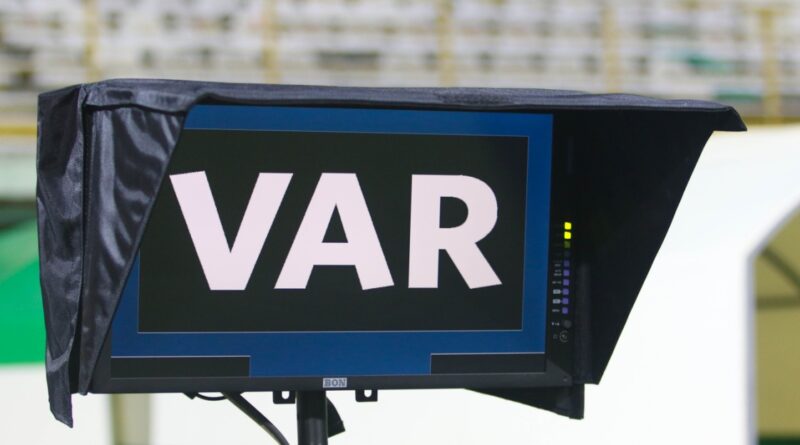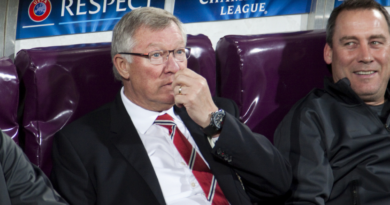Premier League’s VAR system may be heading for a major overhaul
After years of heated debates over fairness and consistency, the Premier League’s controversial video review system could be on the verge of a major shake-up.
The League Managers Association (LMA) is pushing for a new structure designed to make officiating decisions more uniform and reliable throughout the season.
Calls for change
Since its introduction in 2019, the Video Assistant Referee (VAR) system has divided fans, players, and managers alike. While it was meant to correct “clear and obvious” errors, the technology has instead been criticized for inconsistency, delays, and confusion during matches.
Recent games, including Chelsea’s clash with Tottenham Hotspur, have reignited frustration after controversial incidents like Rodrigo Bentancur’s yellow card led to renewed scrutiny of how and when VAR should intervene.
Read also: Cristiano Ronaldo’s secret to healthy feets
Despite the technology’s goal of improving fairness, many clubs argue it has introduced new layers of uncertainty.
How VAR works now
Currently, every Premier League match has a dedicated team at Stockley Park, the VAR headquarters in west London, where officials review video footage to assist the on-field referee.
Each week, referees rotate between roles: one match they may officiate on the pitch, and another they may serve as the video assistant. This means the voice advising the referee changes almost every game, creating potential for mixed communication styles and differing interpretations.
The system’s strength lies in its ability to catch clear mistakes, such as offside goals, missed red cards, or mistaken identity, but its weakness, critics say, is inconsistency in applying subjective calls like handballs or fouls.
Read also: Los mejores extremos del fútbol mundial en este momento, del 17 al 1
A new proposal
League Managers Association chief Richard Bevan has proposed a significant structural change. He wants referees to work with the same VAR officials every week, forming fixed partnerships to build mutual understanding and smoother communication.
Bevan formally presented the idea to referees’ chief Howard Webb and the Professional Game Match Officials Limited (PGMOL), suggesting it could reduce errors and create a more consistent refereeing standard across the season.
According to The Sun, Bevan believes familiarity between referees and their video counterparts will make decision-making faster and more dependable.
Helping or hindering referees
Supporters of the plan say that forming long-term partnerships could ease the pressure on referees.
Read also: The best wingers in world football right now, ranked from 17 to 1
When VAR officials understand how a specific referee interprets physical play, contact, or advantage, they can anticipate each other’s judgments and communicate more effectively. That, in turn, could allow referees to make confident, quicker calls on the field.
Many referees privately acknowledge that the constant change of VAR partners makes it difficult to establish trust or a natural rhythm during matches. A fixed team structure, they argue, would reduce uncertainty and prevent confusion in moments when quick coordination is crucial.
However, some peoples caution that relying on fixed pairings might also introduce bias or complacency.
A referee who always works with the same VAR official could become too dependent on that partnership, potentially limiting objectivity. Others warn that scheduling could become more complicated, especially during busy fixture periods or international assignments.
Read also: Tottenham plot sensational swoop for Real Madrid’s Rodrygo amid record transfer plans
Support and skepticism
Many Premier League managers reportedly support Bevan’s proposal, saying that stable referee-VAR teams could build trust and consistency across the league.
But the PGMOL has yet to make a final decision. The referees’ body acknowledges that improving training, recruitment, and performance development remains a long-term challenge but says reducing officiating errors remains a top priority.
If approved, the league could soon see a future where referees consistently work with the same VAR teams, a move that might redefine the Premier League’s relationship with its most controversial technology.
Read also: Thomas Frank open to Ivan Toney Premier League return




